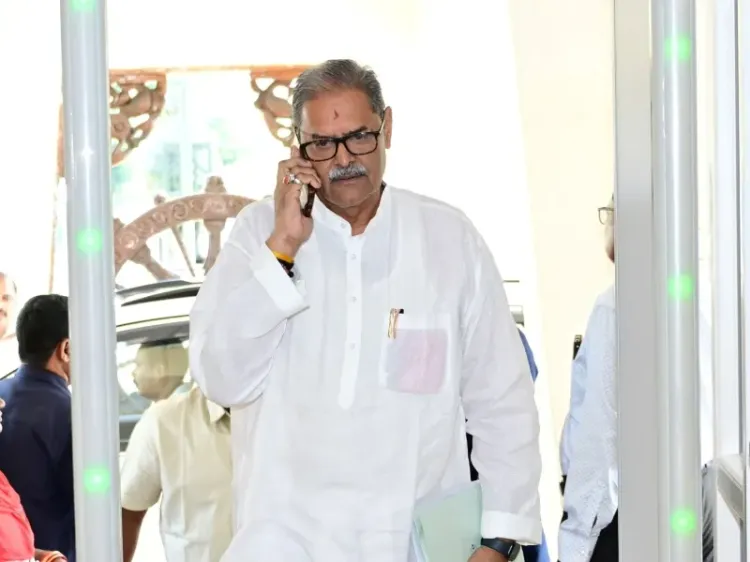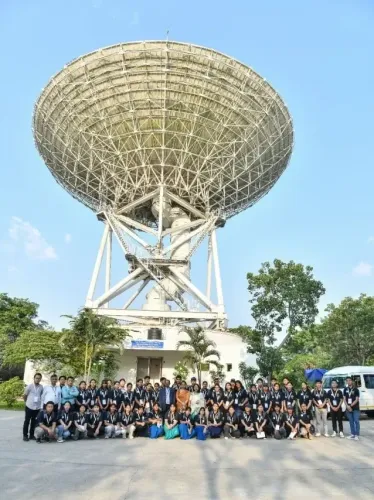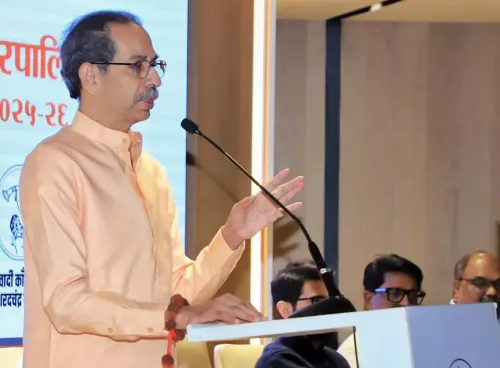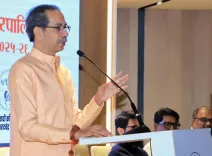Has the Odisha Government Unveiled a New Pumped Storage Project Policy to Enhance Renewable Energy Integration?

Synopsis
Key Takeaways
- Odisha's Pumped Storage Project policy aims to enhance energy storage solutions.
- The policy facilitates the integration of renewable energy into the grid.
- Developers benefit from significant incentives and exemptions.
- GRIDCO will oversee project allocations.
- This policy contributes toward achieving sustainability and Net Zero targets.
Bhubaneswar, Sep 19 (NationPress) The Odisha government has introduced the Pumped Storage Project (PSP) policy aimed at accelerating the development of energy storage infrastructure, thereby facilitating a more efficient integration of renewable energy into the grid, as stated by the Energy department on Thursday.
The department emphasized in an official announcement that PSPs are becoming essential for India’s energy transition. By capturing excess energy during off-peak hours and releasing it during high demand or when renewable resources are scarce, PSPs provide a cost-effective, long-duration, grid-scale storage solution.
“GRIDCO will serve as the primary agency for allocating both self-identified and state-identified project sites. A total of 45 potential PSP sites identified by the state have been made available on GRIDCO's official web portal. The operational guidelines for implementing the PSP policy were notified on September 17, 2025,” the department disclosed.
Per the official statement, all projects will adopt the Build-Own-Operate-Transfer (BOOT) model, featuring a 40-year concession period that can be extended by an additional 30 years. Upon the concession period's conclusion, projects will revert to the State Government, with the exception of captive PSPs that will maintain CGP status.
Deputy Chief Minister and Energy Minister Kanak Vardhan Singh Deo described the policy as a crucial advancement towards grid stability and achieving Net Zero targets. He mentioned that with streamlined processes and expedited approvals, Odisha is poised to significantly enhance its PSP capacity.
PSPs in Odisha will enjoy all the advantages provided under the Odisha Renewable Energy Policy 2022 (OREP-22), including key exemptions such as no electricity duty or cross-subsidy surcharge on input energy, no water cess for non-consumptive usage, and no obligations for free power or LADF contributions.
The Energy department also indicated that PSP developers are qualified for central budgetary support, along with full Renewable Energy incentives if their energy input is sourced from in-state renewables, and will incur no penalties for sourcing energy from outside Odisha.
However, projects benefiting from IPR incentives cannot claim advantages under this policy or OREP-22.
“With its PSP Policy, Odisha is laying the foundation for a resilient, renewable-powered future. This signifies a pivotal stride towards sustainable growth and environmentally conscious development,” Deputy CM Singh Deo added.










